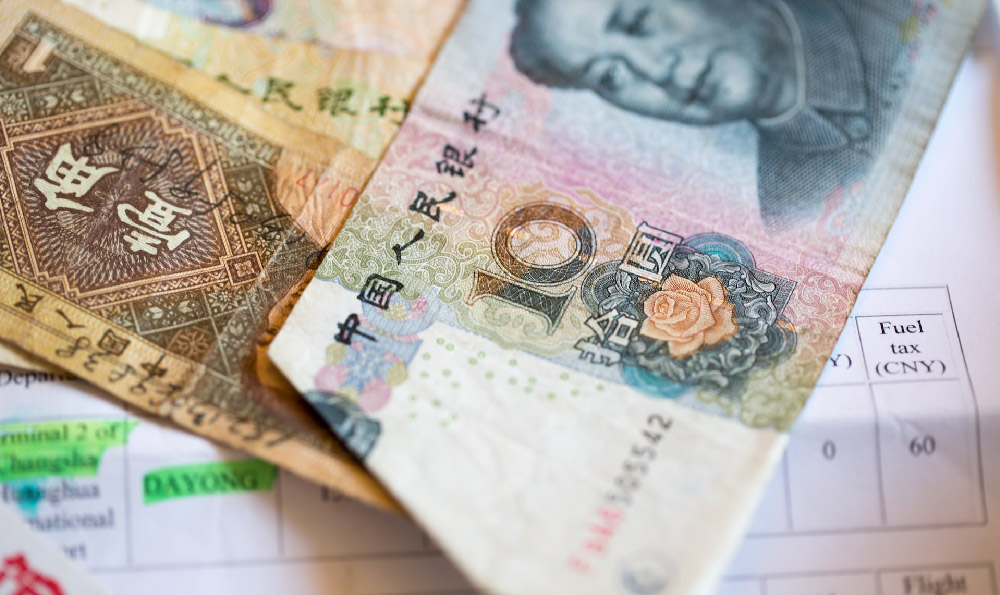Voo: Smart Investment or Risky Bet? What Returns Can I Realistically Expect?

Here's an article based on your provided title, optimized for SEO and readability, and meeting your specified requirements:
Is VOO the Golden Goose or a Fool's Errand? Understanding Realistic Returns
The Vanguard S&P 500 ETF, better known as VOO, has become a staple in many investment portfolios. Its simplicity, low cost, and broad market exposure are undeniably attractive. But is it truly a smart investment for everyone, or does it carry hidden risks? And perhaps more importantly, what kind of returns can investors realistically expect from this popular exchange-traded fund? Let's delve into the intricacies of VOO to uncover its potential and its limitations.

What Exactly is VOO, and Why is it so Popular?
VOO is an exchange-traded fund designed to mirror the performance of the S&P 500 index. This index represents the 500 largest publicly traded companies in the United States, spanning across various sectors and industries. By investing in VOO, you're essentially buying a small slice of these 500 companies, gaining instant diversification and exposure to the overall US stock market.
The popularity of VOO stems from several key factors. First and foremost is its incredibly low expense ratio, which is typically around 0.03%. This means that for every $10,000 you invest, you'll only pay $3 in annual fees. This low cost makes VOO a highly efficient way to track the S&P 500, minimizing the drag on your returns.
Secondly, VOO provides instant diversification. Instead of meticulously researching and selecting individual stocks, you can gain exposure to a broad range of companies with a single investment. This diversification helps to mitigate risk, as the performance of any single company won't have a significant impact on your overall portfolio.
Finally, VOO is highly liquid, meaning you can easily buy and sell shares on the open market. This provides flexibility and allows you to adjust your investment strategy as needed.
Understanding Historical Returns: Past Performance is Not a Guarantee
Over the long term, the S&P 500 has historically delivered impressive returns. Analyzing past performance can give us a general understanding, but remember that the past is not a perfect predictor of the future. Looking at several decades of data, the S&P 500 has averaged annual returns of around 10-12%. However, this is just an average, and actual returns can vary significantly from year to year.
During bull markets, the S&P 500 can generate returns well above this average, sometimes even exceeding 20% or 30% in a single year. Conversely, during bear markets, the index can experience significant declines, potentially losing 20%, 30%, or even more of its value.
Therefore, while historical returns provide a valuable benchmark, it’s crucial to understand that future returns are uncertain and depend on various factors, including economic growth, interest rates, inflation, and geopolitical events.
The Risks Associated with Investing in VOO: It's Not All Sunshine and Rainbows
While VOO offers numerous benefits, it's essential to acknowledge the potential risks involved.
-
Market Risk: As VOO tracks the S&P 500, it is inherently subject to market risk. This means that your investment value can fluctuate significantly based on the overall performance of the stock market. During periods of economic downturn or market volatility, VOO can experience substantial losses.
-
Concentration Risk: While VOO provides broad market exposure, it is still concentrated in the US stock market. This means that your investment performance is heavily reliant on the health and performance of the US economy. If the US economy underperforms, your VOO investment could suffer.
-
Sector Risk: The S&P 500 is not evenly distributed across all sectors. Some sectors, such as technology, may have a larger weighting than others. This means that your VOO investment could be disproportionately affected by the performance of specific sectors.
-
Inflation Risk: Inflation can erode the real value of your investment returns. If inflation is higher than your investment returns, you're essentially losing purchasing power over time.
Realistic Return Expectations: Grounding Yourself in Reality
So, what kind of returns can you realistically expect from VOO? A reasonable long-term expectation would be in the range of 7-10% annually. This takes into account the historical performance of the S&P 500, as well as potential future economic conditions and market volatility.
However, it's crucial to remember that these are just estimates. Actual returns can be higher or lower depending on various factors. It's also important to note that returns are not linear. You may experience periods of strong growth followed by periods of stagnation or even decline.
To maximize your chances of achieving your financial goals with VOO, it's essential to adopt a long-term perspective and avoid making emotional decisions based on short-term market fluctuations.
Is VOO Right for You? Considerations for Your Investment Strategy
VOO can be a valuable addition to a well-diversified investment portfolio. However, it's not a one-size-fits-all solution. Before investing in VOO, consider the following factors:
-
Your Risk Tolerance: Are you comfortable with the potential for market fluctuations and losses? If you're risk-averse, you may want to allocate a smaller portion of your portfolio to VOO.
-
Your Investment Time Horizon: Are you investing for the long term (e.g., retirement) or a shorter-term goal (e.g., buying a house)? VOO is generally more suitable for long-term investors who can weather market volatility.
-
Your Overall Portfolio Allocation: How does VOO fit into your overall portfolio strategy? Make sure you have a well-diversified portfolio that includes other asset classes, such as bonds and real estate.
-
Your Financial Goals: What are your financial goals, and how can VOO help you achieve them? Make sure you have a clear understanding of your goals and how VOO can contribute to their attainment.
Ultimately, the decision of whether or not to invest in VOO is a personal one. By carefully considering your individual circumstances, risk tolerance, and financial goals, you can determine if VOO is the right investment for you. Remember to consult with a qualified financial advisor before making any investment decisions.















